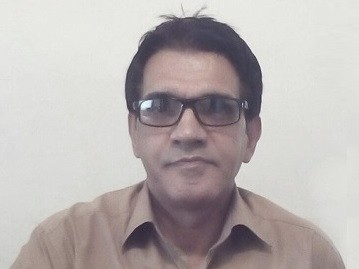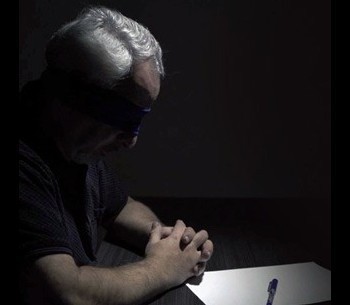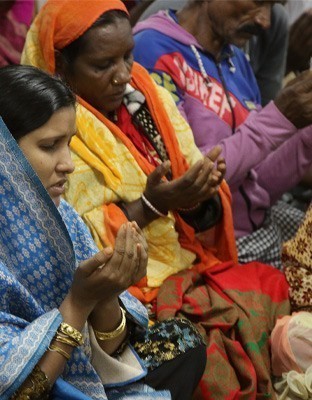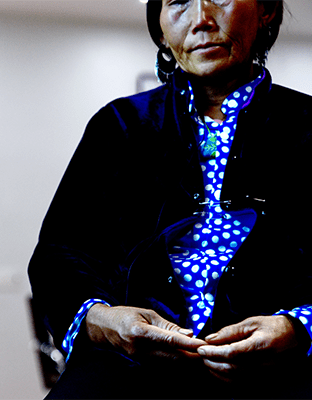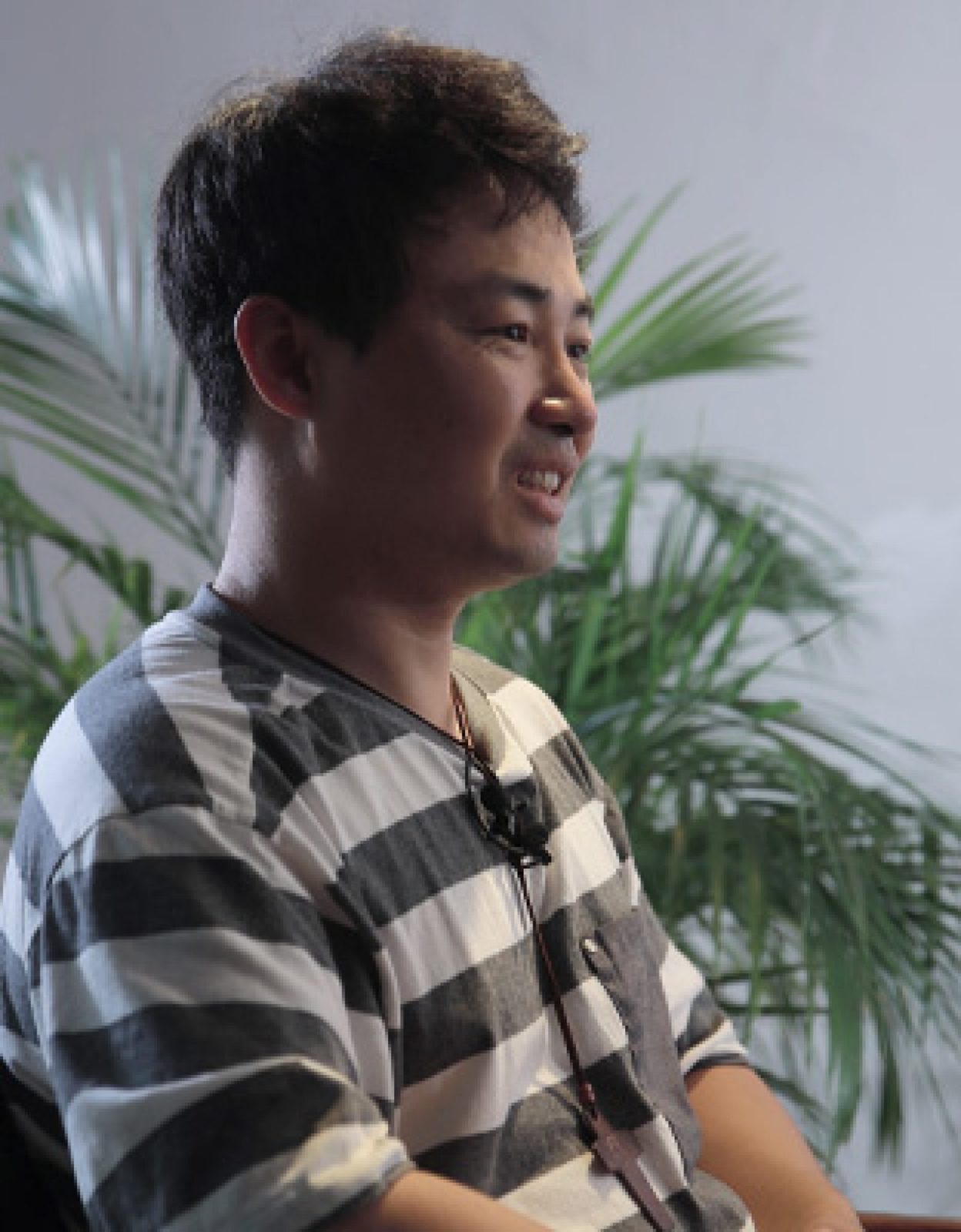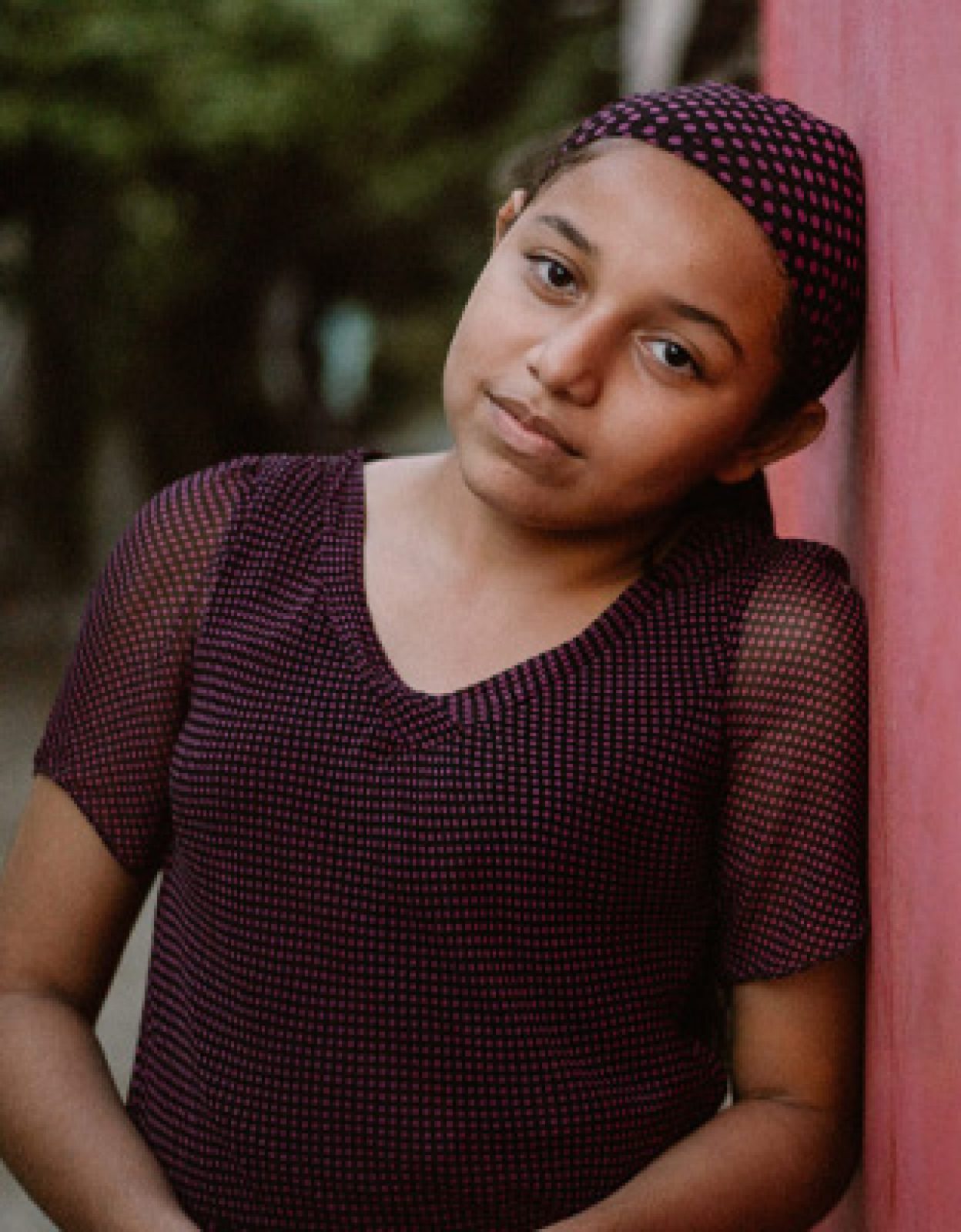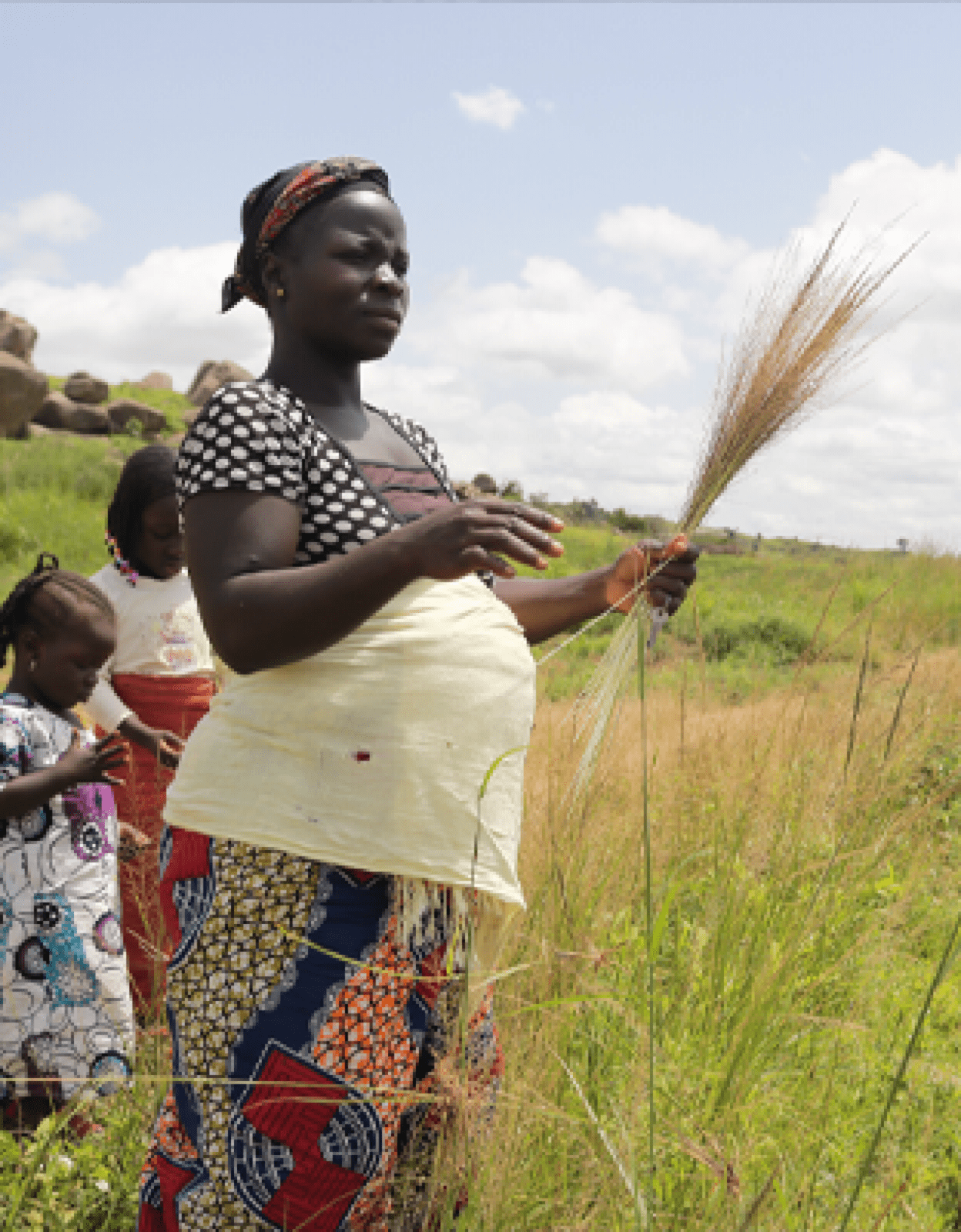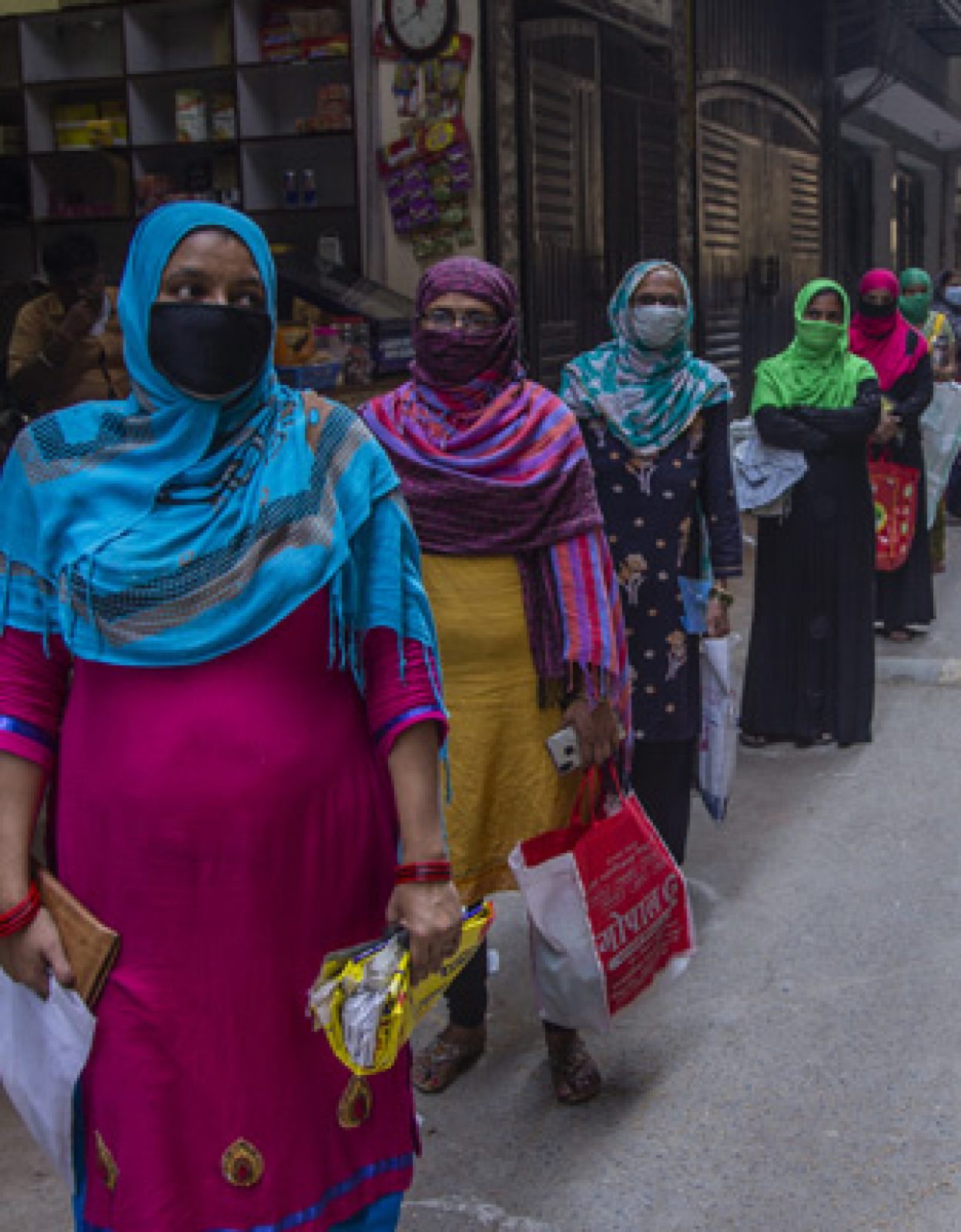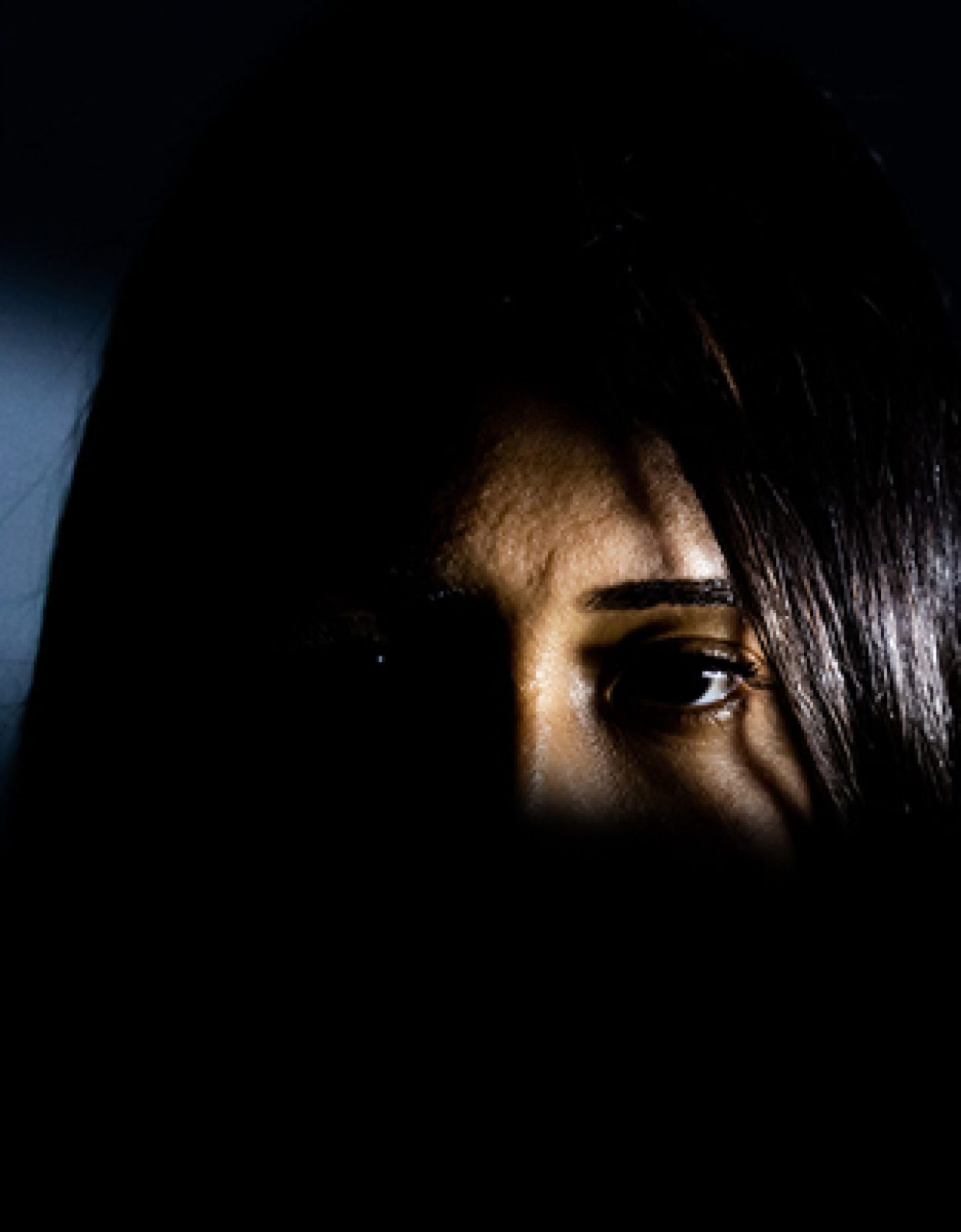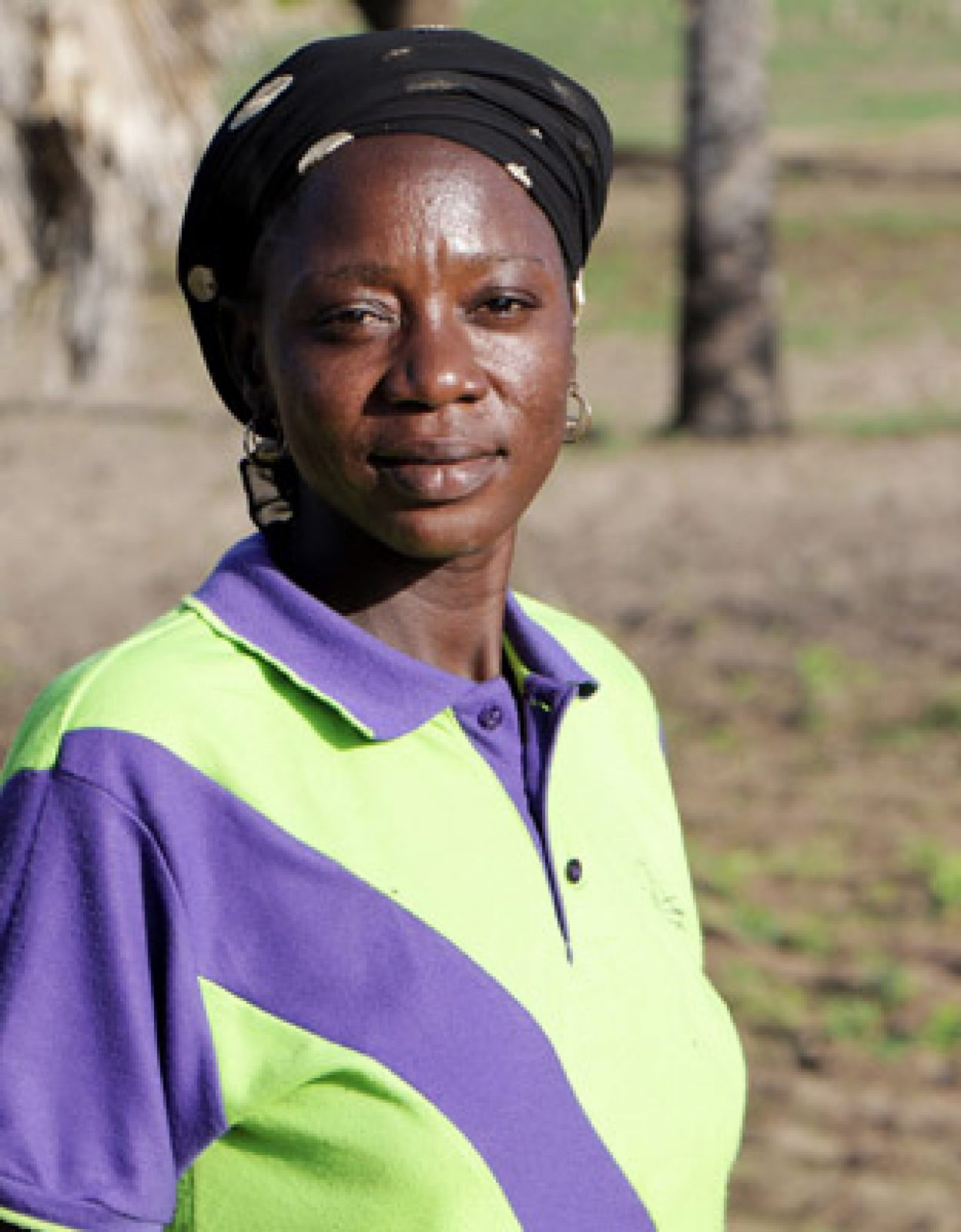Yeong Woo* had learned about God before his arrest in China. He had been imprisoned with a man who gave his life for Jesus. He had already survived torture, starvation and a first term in a North Korean labor camp. His body hurt, his mind was dark and his spirit crushed. He met a dying Christian man in the camp. “Surely you will save him, Lord!” His brother in faith died, and so did Yeong Woo’s hope in God. Could it be resurrected?
Yeong Woo was born in North Korea in 1982. He grew up in a broken family and eventually ran away from home because he couldn’t get along with his stepmother. He lived on the streets for several years, picking pockets to survive. When he was in his mid-teens, he and some friends swam across the Tumen river to China.

This was where Yeong Woo encountered Christians for the first time. After a few months of surviving on the streets of Tumen city, a Christian couple gave Yeong Woo a job and a home on a farm.
The lady of the house was a deacon in a church and tried to persuade Yeong Woo to come with her to church. He refused many times. “Back in North Korea, we had learned about Christian missionaries and how bad they were. One story you hear often is that an American missionary caught some North Korean boys, accused them of stealing and then wrote the word ‘thief’ on their foreheads with poison. But she kept insisting, and finally I decided to come with her.”
Yeong Woo didn’t feel comfortable at this lady’s house church, and he only went a few times. But one day, the pastor introduced him to some ‘missionaries’. He expected to see ‘sharp-nosed’ Americans, but instead these were Koreans, who – of course – spoke Korean. They hugged Yeong Woo, which made him uncomfortable. They also gave him some money, which made him really happy. But what stood out even more was when they said, “We will pray for you.”
“I will never forget that,” Yeong Woo says. “Those words really warmed my heart. After that, whenever I was invited to meet other Christians, I ran to them without hesitating. And almost always, the Christian touched my heart. They were so kind. I thought: ‘How can someone live like that?’”
His desire to learn about the Bible grew from his interactions with the Christians. He learnt songs and read books in the evenings. Then he got invited to learn more about the Bible at another location.
He and other North Koreans received intense Bible study. “We had to fast every morning, then had to read the Bible for three to four hours straight. In the evenings we memorized the Bible.”
Yeong Woo studied for three years. But one night, he spent the whole night praying with a small group of others, and they finished their prayers around 5am. “As soon as I said ‘Amen’, I felt a gun to my head. ‘Freeze!’ someone shouted in Chinese.”
‘Don’t stop reading the Bible’
Yeong Woo and the leader of their group shared a prison cell. Sometimes they spoke, sometimes all they could do was just stare at each other. They knew they would be sent back to North Korea.
“He was so calm, even when he expected his death. I was very nervous. I had never been arrested before. When we were sent back to North Korea, we were separated. He had told me many things, but his last words to me were, ‘Don’t stop reading the Bible!’”
The man who had taught Yeong Woo so much calmly walked with the state security officer to the car, which would bring him to a camp for political prisoners, where he would be killed. 18-year-old Yeong Woo was lucky. Because he was a first-time offender, he was released after a few months in prison.
Yeong Woo escaped his country once more. He re-joined the Bible study, but was betrayed, arrested and transported back to North Korea once again. This time, he wasn’t so lucky. Now he was a repeat offender and sentenced to two years ‘reform by hard labor’ in one of the many infamous re-education camps in North Korea. Yeong Woo was only 20 years old.
“The prisoners all looked terrible. They didn’t even look like humans anymore. Almost nobody was standing up straight. They were so weak from malnutrition.”
And yet, even here, God was at work. One day, Yeong Woo heard someone humming a familiar tune. Nobody paid attention to the man, except for Yeong Woo, who recognized the melody being from the song ‘The abundant joy of Jesus.’
“There were other Christians in the camp who secretly prayed. There were many prayers in the camp,” Yeong Woo says.
“Later, I was granted amnesty and released from the prison camp. Back then, the punishment for border crossings were quite soft.”
Joy and torture
The same scenario repeated itself. Yeong Woo left his country again and re-joined the Bible study group. Then, six months after his release from the camp, he was arrested again.
When he arrived at the prison he received a number, and from that moment on Yeong Woo was no longer Yeong Woo. He was number 83. “They never called me by name anymore. They used my allotted number.”
He spent 14 months in this prison run by the notoriously cruel State Security Agency. “One day, I felt so exhausted that I wondered if I could survive and get released. That night I prayed to God before falling asleep. ‘God, please help me survive here.’ When I slept, I had a dream. I saw myself sleeping in the prison cell and I saw another me in my inner being, kneeling and praying to heaven. This dream gave me indescribable joy.”
To have joy flowing through your veins is special – especially when you can constantly hear men and women screaming before they pass out. Yeong Woo experienced torture himself. “The pain from torture in that prison is beyond description.”
But the second time he was brought to the torture room, one of the officers shouted to the others: “You all go out!”
The single light in the room was pointed at Yeong Woo, blinding him. As always, he had to kneel down and wasn’t even allowed to look the man in the eye. The military boots halted in front of him and just centimeters from his face, a wooden chair appeared. The officer sat down.
“Yeong Woo, lift up your head!” the officer ordered.
He looked at the security agent, who looked vaguely familiar. “Hey!” the agent said, “Don’t you recognize me? Look at me.” He removed his cap.
Yeong Woo tilted his head. He saw the guard, then a memory of a much younger version of the man in front of him. He was a former classmate. Even more than that, they had been friends.
“Hey, do you remember how we always used to take pictures together…” The guard started a surreal conversation about their childhood.
‘Killing me would have been easier than killing an ant crawling on the street’
“I believe God sent my friend to help me,” Yeong Woo says, looking back on the experience. “Killing me would have been easier than killing an ant crawling on the street. But my friend gave me extra rations. Whenever we talked, he smoked and told me: ‘I keep pleading for a favorable outcome for you.’
“He also asked me if I had heard about Christianity when I was in China. I couldn’t deny it. All defectors encounter Christians and missionaries. At least you hear about them. If I had denied it, it would have been an obvious lie. Then he told me that seven or eight out of every ten prisoners were Christians.”
Whenever Yeong Woo fell asleep, he had always heard murmuring sounds from other prisoners. Sometimes he even heard a song at night. He thought he had been dreaming, but now he finally put two and two together. They were Christians, praying in a barely audible voice.
Yeong Woo had come to the conclusion that he would die in this prison. But one day, he was called by an officer. “He told me all the things the Workers Party had done for me, on and on he went. And suddenly I understood it. They’d set me free!
“A few days later I had to sign a statement that I would never tell anyone what I heard, saw and felt here. I signed the paper and stamped it with black ink. Tears rolled down my cheek. Then they led me to the door. Just before they opened it, I tilted my head and could see my friend standing on the stairs.”
Yeong Woo was alive, but not free. He had survived the prison and was now sent back to the re-education camp he had left not too long ago. He would be imprisoned for another three years and nine months.
“But I was so weak that I had to stay in a provincial prison first,” Yeong Woo explains. “Only a year later – after the fifth physical check – did the camp admit me.”
His faith broke like a match
After all that Yeong Woo had been through, he developed a strong resentment towards his situation. “This time, I felt the injustice more deeply than before. I asked all these questions. I was 22 years old. Why was I here? What did I do wrong?
“Now I see that God helped me. He surrounded me with a lot of good people. When I arrived at the camp, I weighed only 30 kilos, but when I left, I was 68. I didn’t see it that way then. All I did every day the whole day was chop wood. I saw the deaths of at least 50 people and I saw that human rights don’t exist in North Korea.”
The camp broke his faith like a match. He prayed and he felt God didn’t answer.
There was a good man in the camp. “I discovered he was a Christian, but he was already very weak when I saw him. I tried to help him. I thought that if God was going to save only person, it would be this man. I begged God to heal him and to restore my faith in Him. Then the man died right in front of me.”
‘I never abandoned you’
Yeong Woo escaped to China once more, and this time a friend invited him to come to South Korea. The escape from China via Vietnam and Cambodia was remarkably easy, but the country was completely different from anything he had seen. In the beginning he tried to go to church and follow God, but he didn’t feel at home in the fancy churches – he had only been to poor churches in China. Every night, his dreams brought him back to the streets of North Korea, the prisons, the torture, the camp.
He became obsessed with earning money, drinking, and gambling – anything that would make him forget his past.
Until one day, something changed. “I had been in South Korea for eight years. I had gone to church sometimes – often I dozed off during the service. But now, I lifted up my hands to the sky and prayed out loud.”
Yeong Woo describes this as his first true prayer since coming to South Korea. He prayed: “God, what has happened to me? When I fall asleep, nightmares torture me; when I’m awake, trauma surrounds me.”
Suddenly God answered more clearly than before. “Yeong Woo, I never abandoned you.”
Yeong Woo: “This time, those words pierced through my soul like a sword. My whole body trembled. I wailed loudly, ‘Oh God, I’m sorry!’”
Then God spoke again. “The time is ripe. Let’s go!”
‘I want to preach the Word of God and give them hope to live’
Yeong Woo knew what God meant. He should study theology and become a pastor. It wasn’t easy – he didn’t earn much and had a lot of debt. But somehow, God made a way.
Now Yeong Woo is 39 years old, married and looking back on his life, he sees God’s hand everywhere. “His guidance is at every corner. If I had just studied theology [and had an easy life] I would have known God by learned knowledge only. But I’ve experienced him under difficult circumstances. I feel he’s been preparing me to be a leader who can comfort those who suffer pain.
“My desire is that the Koreas will be unified again. We have to be ready for all the suffering that will surface. So many children have grown up without parents and families. I want to open a church and an orphanage to care for them. I want to preach the Word of God and give them hope to live. I can’t wait to show my people what freedom really means. Freedom in God – it’s a hope that cannot be compared to anything else.”
That hope already lives in the hearts of the secret believers in North Korea. “It should be impossible for the underground Church to exist under these circumstances. But they are there and they never stop praying. Why doesn’t God destroy North Korea? Because His children are still there, I’m sure. I hope that you and everyone who supports Open Doors can pray for the North Korean Christians with God’s heart.”


